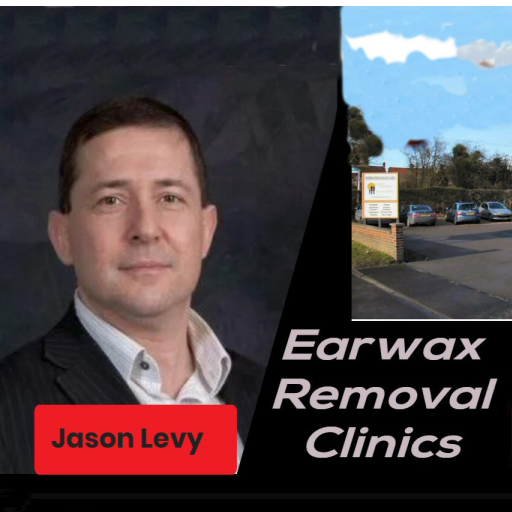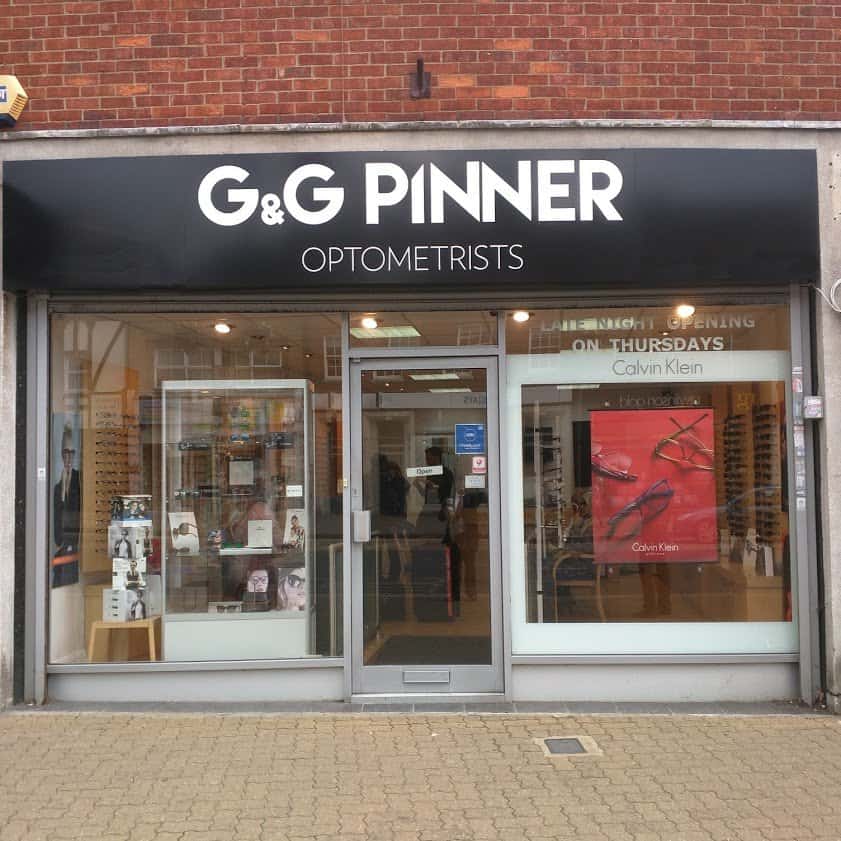How safe is cerumen microsuction?
by Jason Levy
Posted on 26-08-2021 04:45 PM

How safe is cerumen microsuction?
I have a lot of earwax in my ears and from time to time I go to the doctor for an injection. He says I have to have micro suctioning and I want to know what it is.
Microsuction in Pinner.
Microsuction is used to remove embedded ear particles, wax or a foreign body that is causing pain, ringing in the ears or hearing problems. If a syringe is not sufficient to remove the particles, and especially if the ear canal is narrow, microaspiration is an alternative way to clean it.
It uses a suction device controlled by a tiny optic. It is the most common technique for cerumen removal in ENT centres.
After microaspiration, patients usually get immediate relief from symptoms of numbness, discomfort and pressure sensation. Avoid using cotton swabs, which can push earwax into the ear canal. Water should also be prevented from entering the ear canal.
Hearing loss is a condition in which a person's hearing slowly decreases day by day. If the disease is not detected and treated early, it is possible to lose hearing permanently. Unfortunately, gradual hearing loss is a very common problem, usually related to ageing or caused by the amazing concert you went to.
How does hearing loss occur?
Hearing loss occurs when sound signals can no longer be transmitted to the brain. It is caused by damage to the sensory hair cells in the inner ear or auditory nerve. It is also more likely to occur as a result of advanced age or injury to the ear.
Transmitted hearing loss.
This phenomenon occurs when sound cannot pass from the outer ear to the inner ear, usually due to an obstruction of the ear or the presence of fluid in the ear. However, fluid build-up due to ear infection, perforation of the eardrum or ossicles is also a possible cause of this condition.
Both types of hearing loss can occur. These cases are called mixed hearing loss. Some people are born with hearing loss, but hearing loss in adulthood is more typical.
Causes of hearing loss.
Age is the main cause of hearing loss. Age-related hearing loss is called hearing loss. Hearing loss usually begins after the age of 40. By the age of 80, most people have trouble hearing and find it difficult to hear high-frequency sounds, such as women's or children's voices.
Loud noises.
Another typical cause of hearing loss is damage to the ear caused by loud noises. Sound can destroy the sensitive hair cells in the cochlea, causing hearing to gradually decrease. The risk of hearing loss from noise is high if you use noisy equipment such as jackhammers or jackhammers, work in an environment with loud music such as discotheques, or listen to loud music with headphones.
Hearing loss can also occur if you are exposed to loud noise, such as a power surge. This is called sound damage. In addition, hearing loss can also be caused by other factors, such as heredity.
Some people are already deaf or have gradual deafness due to genetic factors. Some people suffer from an inner ear infection, such as mumps or measles.
Viral infection of the auditory nerve, such as mumps or rubella.
Ménière's disease: This disease causes dizziness, hearing loss, tinnitus and ear blockage. Acoustic nerve: This is a disease in which benign growths develop on or near the auditory nerve.
Meningitis: occurs when the protective membrane surrounding the brain and spinal cord becomes contaminated. Multiple sclerosis affects the central nervous system (brain and spinal cord) and causes hearing loss.
Stroke: In this condition, the blood supply to the brain is lost or interrupted, resulting in hearing loss.
